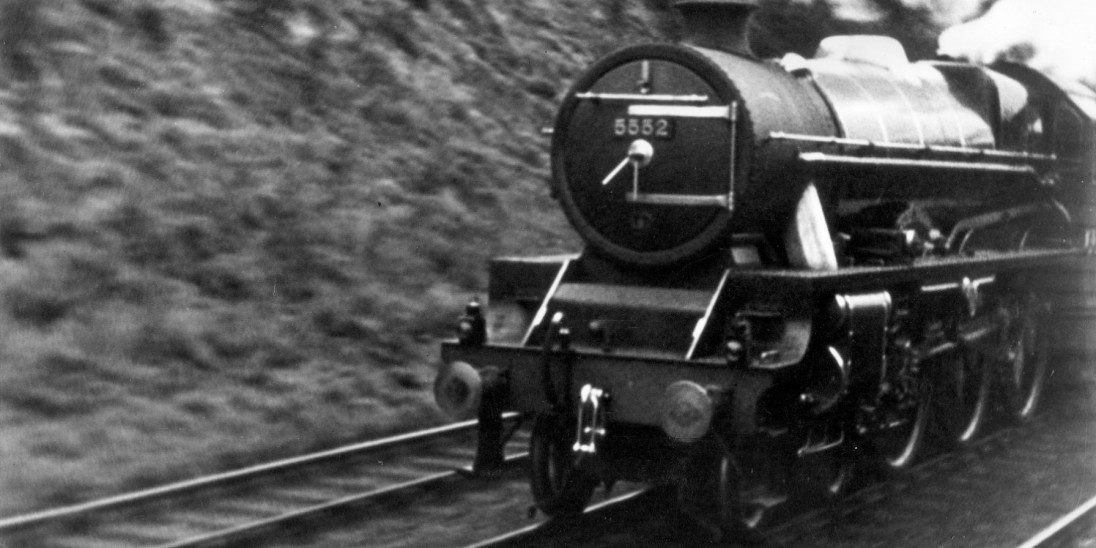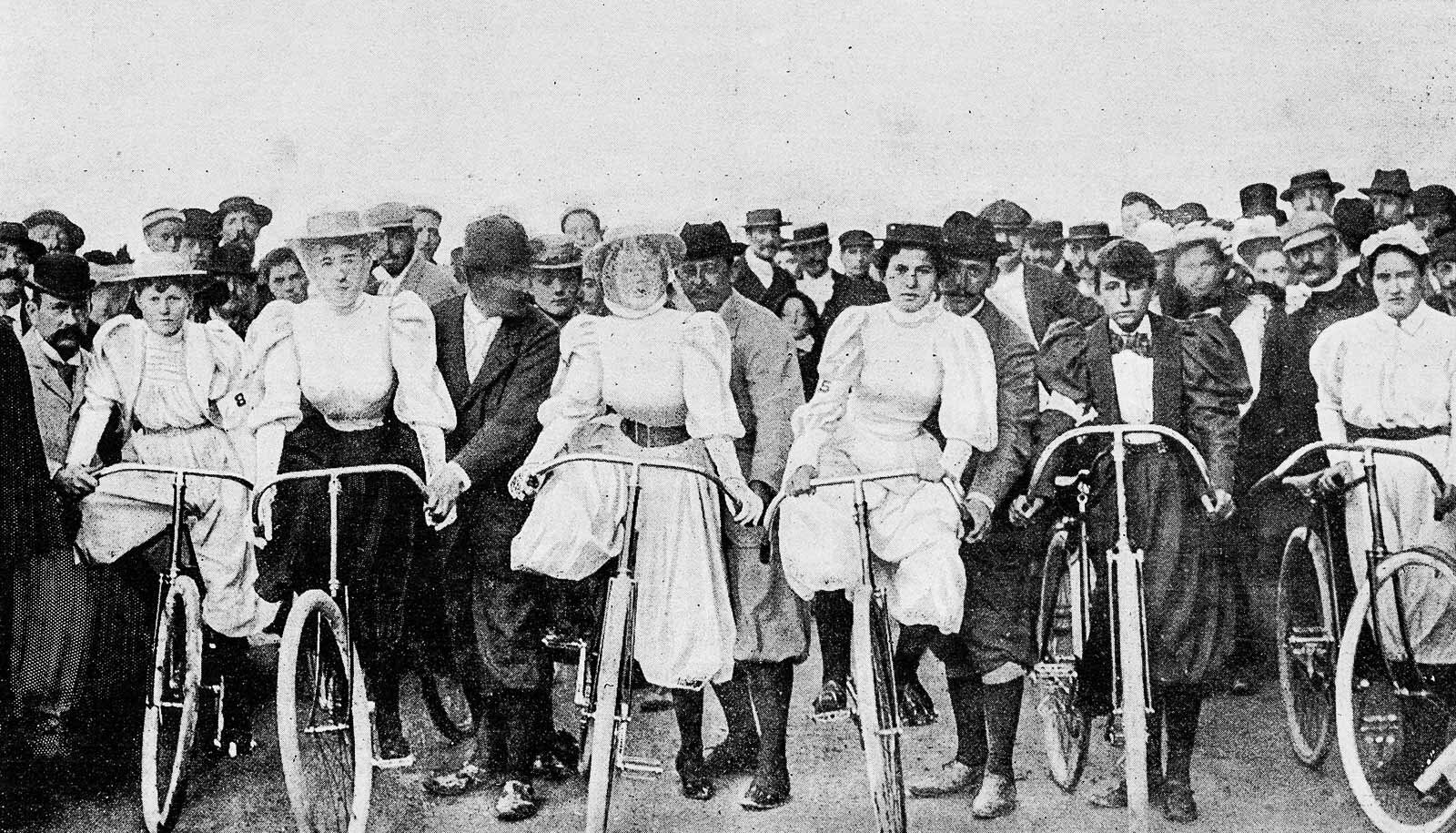Buying Britain

Whether on land or sea, in danger or otherwise, the reliability of the British empire allowed one to relax and sip some tea—literally, apparently.
The advancements of British technology are highlighted in both films to advertise the innovative culture and unity of the British empire. There seemed to be a trend in General Post Office (GPO) films painting Britain in a positive light.
In Night Mail (Watt, Wright, 1936), the railroad system and mail delivery system is advertised throughout the film. Editing techniques such as closeup shots of the contraptions that capture mailbags and the train mechanics add to the beauty of the technology. The seemingly constant motion throughout the film, since the mail system never rested whether it be the movement of the train or the movement of the labor, added to the beauty. This movement created a rhythm to the film which was reiterated through the poem at the end. Certain scenes capture the hiccups and near-misses in the flow of the delivery process, including a mislabeled letter and the quick response in dropping a delivery bag, both being handled swiftly and properly. To my surprise, a topic that seemed boring from the title ended up being a fascinating film that gave me a greater appreciation for the advancements in technology.
Similarly, in North Sea (Henry Watt, 1938), British technology such as the large ship network and radio systems were highlighted. Through this film specifically, I felt as if I gained a glimpse at the culture of the British Empire—or at least the culture they wanted to be advertised. The culture involved one with unrelenting work ethic, united people, prioritized safety, and interconnectedness through technology. Just as restless labor and accuracy were crucial for the workers in Night Mail, both were necessary for the radio systems to locate the struggling ship at sea and for the crew to bring themselves to safety. Close-up shots on the dial of the radio systems, as well as the movement of the camera along as the ship rocked in dangerous waters, contributed to these aspects while making the film seem more like a documentary. Watching North Sea reminded me of watching a modern survival show with cameramen, as I couldn’t help but wonder if they ever really were in danger or if it was entirely staged despite the description prefacing the film. The poem at the end of the film also reiterated such themes, painting British radio in a heroic light (and more obviously revealing the film as an advertisement for Britain).




